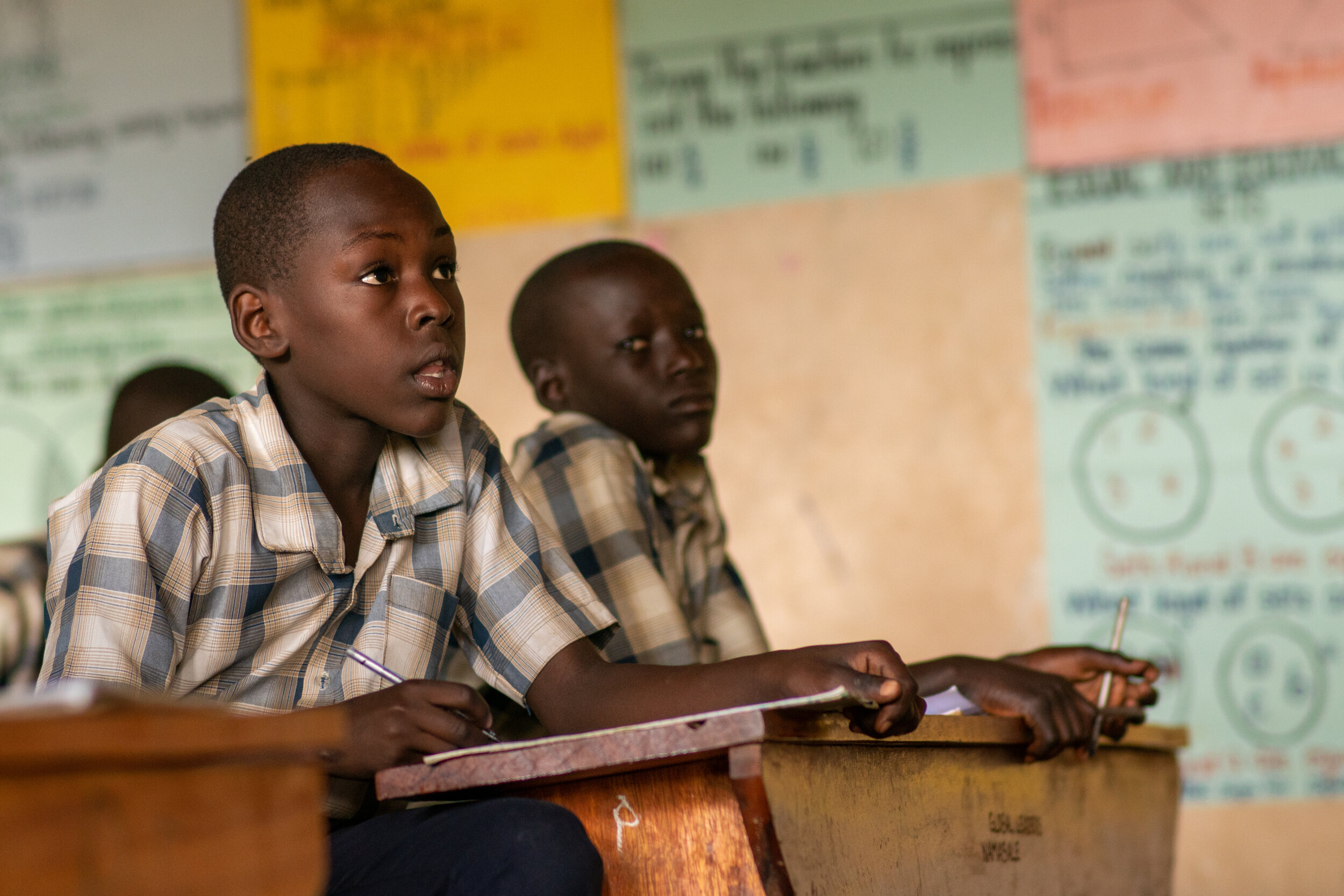The Privilege of Quarantine
For communities like this one near Lake Kyoga in rural Uganda, quarantining is a privilege many can’t afford.
Humanity is now more connected than we’ve ever been, as COVID-19 affects every corner of the world.
While the pandemic has forced millions of Americans inside our homes (and some of us, out of our jobs) the pressure to “use this time to better yourself” (by working out, cooking, reading, meditating, spending more time with out kids, starting that business we’ve always wanted to create) it seems that many of us are becoming more concerned with our lack of inefficiency/productivity than we are about actually catching the virus.
While many of us have lost our jobs and are filing for unemployment, many MORE of us have spent our day learning how to teach remotely, homeschooling/entertaining our kids, holding our Zoom conferences in our PJ’s with a secret mimosa out of view, and binging on Netflix (I’d bet big money you’ve seen Tiger King by now), countries across the global south are preparing for the devastation that a lockdown will bring.
Now that COVID-19 has restricted the world from business as usual, our privilege is becoming more apparent and stark than ever.
While many of us in the US are busy complaining about “eating all our Quarantine snacks” or not finding Charmin at the grocery store, our friends across the world are faced with a much more deadly reality.
When Quarantine Means Starvation
For most people who work in the informal sector — selling goods daily at vegetable stands like this one, quarantine means a total and devastating loss of income.
In Uganda, President Museveni has ordered a country-wide lockdown which also has seized all public transportation and banned NGOs from providing relief services, in order to prevent the spread of the virus. According to our team in Namasale — a rural community in north-central Uganda, “Army men are the only ones on the streets right now and are threatening to charge people with life-sentences if they’re found outside moving around — even to do distributions of food or supplies for vulnerable people,”
For families living on $1.00-$2.00 per day in rural communities like Namasale — families who work in the informal sector by only selling enough tomatoes or cabbages in the market to feed their children THAT DAY — quarantining/social distancing or working remotely is a privilege afforded only by the wealthy.
When markets are inaccessible, bulk food prices have skyrocketed to over $100 for a bag of rice, and there is no public transportation to take you to another village to search for food — how are families in rural villages expected to survive?
The Boda-Boda (motorcycle taxi) driver who is a single father affected by HIV/AIDS who earns enough daily income to feed his children and pay for medication to stay alive, is now looking at his children and wondering if he will pass away before his kids go hungry.
The subsistence farmers in the village who rely on Global Leaders Primary School to feed their five children everyday, now have five kids at home who they can’t feed. The longer schools are closed, the closer their family inches toward starvation.
The single Mother who gets her water from the community well scrubs her hands with their last piece of soap, wondering if someone waiting in line behind her to get water for their family too might expose her to the virus. She has no choice but to fetch water with the rest of the community. Social distancing isn’t an option.
The nurses at Biko Health Center (who have virtually no supplies during a normal year to serve 20,000 people) are now going to be deciding whether they stay at work with no protective gear and no transportation to take a patient with breathing problems to a hospital, or if they should abandon their post to keep their families safe.
Families living on an income of less than $30/month are more worried about dying from starvation than from COVID-19.
When “Remote Learning” is a Privilege for the Rich
Our students at GLP will be faced with putting their education on hold while their families find ways to survive lockdown.
Every child around the world is home now that schools are closed. Parents and guardians are stepping in when and where they can to homeschool, read to their children and get creative about learning opportunities at home. While an entire generation has had their education disrupted, it’s the children experiencing extreme poverty who will be affected the most.
Most children in rural villages (and even children in many parts of the US) don’t even have access to a pencil or books at home — let alone a computer with Zoom capability to call their teacher and ask for help with the latest math assignment. Many children in rural villages will not have the privilege of being read a bedtime story, doing crafts with their parents, or even attempting to stay learning while their education is paused. They won’t be able to catch up. Their families are concerned with survival — not education.
Teachers won’t have the privilege of getting help from parents to keep their students on track to graduate. Teachers will be expected to work twice as hard, for twice as long in order for their students to continue on.
Remote learning is a privilege afforded only by the wealthy and millions of kids around the world will be faced with repeating grades, and even years of their education.
When Our Liberty Is Bound Together…
This sentiment comes from a quote by Indigenous Australian activist and artist, Lilla Watson and popularized by our friends at Invisible Children, and is now more true than ever.
If we hope to see a better world after COVID-19 fades into our memory, we MUST start by leveraging whatever privileges we have to raise awareness and support for our friends around the world who are facing a massive hunger crisis. While we are home with time to think about how we want to use this quarantine to become better humans ourselves — let’s start by helping other humans who need us RIGHT NOW.
If our liberty is bound together, we need EVERY great mind to be working on solutions to ensure that a crisis of this scale never happens again. We need EVERY child to survive this pandemic, to stay healthy, to stay positive and return back to school, so that they can someday become the doctors, nurses, scientists, engineers and leaders who free us from the next novel virus.
If we’re truly in this together, that means protecting our friends in places like Uganda, India, and around the world who need friends across the world to advocate for them now more than ever.
We can protect each other from this crisis.
AT FAR AWAY FRIENDS, WE’RE STARTING WITH KIDS.
IF YOU ARE ABLE TO HELP PROVIDE RELIEF RIGHT NOW AND IN THE COMING MONTHS TO 250 VULNERABLE STUDENTS WHO WILL NEED YOUR SUPPORT, PLEASE CONSIDER BECOMING AN ADVOCATE TODAY BY SPONSORING CHILDREN IN ONE OF OUR CLASSROOMS.



